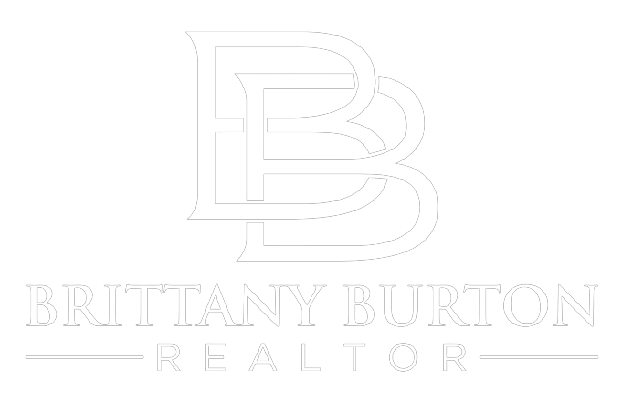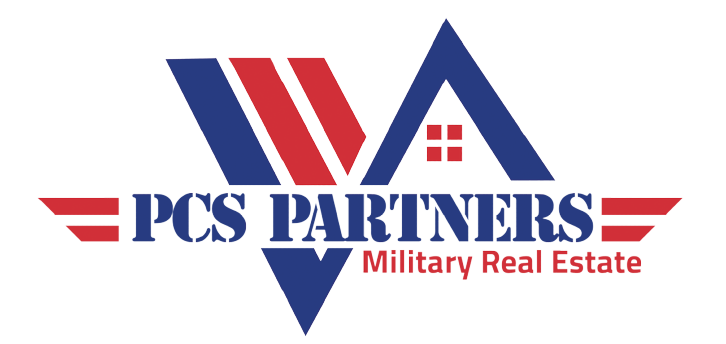A few years back, I did! I went through the much dreaded “analysis paralysis” phase and closed on my first deal. how was it? Very easy. smooth as silk. A piece of cake. A walk in the park. Insert any other lame cliché here.
For those of you on the verge of making an offer on your first property, I understand why you may be hesitant. This is possibly the biggest purchase of your life. It’s hard to find the perfect asset that meets your cash-flow and emotional needs.
Bottom-line? For a House Hack purchase, your target is cash flow. Chances are you won’t be there for more than a year, so ignore any feelings, run the numbers, and if they work, make an offer.
OK, so you’ve overcome your “feelings” of finding a beautiful property. You run the numbers and all these catastrophic scenarios run through your head: What if I can’t find a tenant? What if the furnace breaks down? What if the roof collapses? the list goes on.
there are countless scenarios of what to be able go wrong. Just ask Chicken Little. However, those crazy scenarios are the exception, not the rule.
For those of you who may feel uncomfortable making the first offer on house hacks, this article is for you. I’ll describe the seven steps I took to pull off my first house hack—and you’ll learn how easy it was.
The 7 Steps I Took to Hack My First Home (And Rent It Out) With Ease
Step #1: Build a team.
The first step is to build a team. As things come up (i.e., repairs, tax planning, litigation, etc.), your team will grow. However, there are only two teammates who are absolutely vital to your first purchase: your lender and your agent.
Once I learned I was moving to Denver, the first thing I did was reach out to the BiggerPockets community and ask for lender recommendations. I then went through the process of getting prequalified with four to five different lenders, from large banks to local credit unions. By prequalifying, I developed a sense of what I could afford.
Once prequalified, it was time to find an agent to help with the property search and closing. Again, I reached out to the BiggerPockets community in Denver and met with six to seven different agents. While it wasn’t easy to decide, I ultimately went with someone who was good with numbers and didn’t try to sell me with any emotional talk of buying my first place.
Step #2: Find the property.
The search continues.
Living in Denver, Colo., one of the hottest real estate markets in the country, you get a lot of negative people saying that cash-flowing properties are impossible to find. It may have been impossible for them, but it was relatively easy for me.
My agent gave me access to the MLS portal where I will receive automated email alerts every time a Denver Metro property within my price range comes on the market or drops in price. After a month of running the numbers and crunching various properties, I found that Strength Work.
Connected: Why I’m Not House Hacking (And the Strategy That Will Cover More of My Rent)
Step #3: Analyze the property.
The property was a fully renovated duplex. Composed of two 1-bedroom, 1-bathroom apartments, this property was on the market for two months (an eternity in Denver) with the price recently reduced to $400K. The property was located in an up and coming part of Denver, about 1.5 miles by bike or foot from where I work.
I asked property owners in the area what they were getting for rent. One of them told me what they were renting out their 1-bedroom apartment for, and I knew I could get a little more, since mine was brand new.
With rent estimated, I ran the numbers using a BiggerPocket calculator to see what cash flow (or living free) my rent would need. The number didn’t work. I would be losing ~$750 a month. While this is cheap “rent” (in quotes because I’ll be paying myself) and I would benefit from the loan payment, it wasn’t enough.
What did I do? I decided it was impossible to find property in Denver. so i kept watching reruns of desperate Housewives,
It was a joke I asked myself, “How can I make this property work?”
Given the location and new construction, I knew it would be possible to rent it on Airbnb. After doing some research, I determined that I would be able to earn ~$1,000 a month by renting out my bedroom, while creating a pseudo bedroom in the living room where I could sleep. With an extra ~$1,000 a month, I’ll be cash flowing $250 a month on a duplex that’s walking distance to the office.
that works for me.
Step #4: Offer.
After talking it over with my agent, we decided to make an offer. My first offer… eq.
We ran the numbers again and determined a price point of $360K. While not full lowball, it gave us plenty of room for negotiation.
[Side note: I know many people say, “If you’re not embarrassed by your offer, it’s too high.” In many smaller or buyer’s markets, I agree. However, in a booming seller’s market like Denver, there are multiple buyers lined up at almost every property, so a lowball could easily be ignored by the seller.]
Over the next few days, we negotiated back and forth and eventually settled on a $385K selling price. Once the negotiations settled down and the offer was accepted, I sent the earnest money.
Step #5: Exercise due diligence and lock up the property.
Immediately after approval, I told my lender that I had a property under contract so that they could start their due diligence and meet the required timelines.
We inspected (including sewer scopes) with only minor changes to the property required, including installing railings, grounding electrical wiring, and making sure all doors fit properly. The seller fixed them without any problems.
The lender hired an appraiser, and the property came back at $390K. Given the sale price of $385k, that means I built up $5,000 of equity shortly after closing (woohoo!).
It took two to three weeks for the lender to underwrite the loan.
On June 17, 2017 (a month after the offer was accepted), we were ready to close. I brought a cashier’s check at the closing and sat down with the seller, my agent, and the title company. We reviewed and signed all documents. An hour and a few arm cramps later, I was officially a property owner.
Step #6: Find Tenants.
pre show
In many (if not all) states, it is illegal to sign a lease before the property closes and is in your possession. However, I found that there was nothing stopping me from advertising and showing the space during the closing process. This is what I did and what I recommend you do to reduce the initial spacing.
Once the property was under contract, I created a rental listing using Zillow Rental Manager. This service creates a listing and uploads it in a nice format to Hotpads, Trulia, and Craiglist.
Once the inquiries began, I scheduled a brief, 10-minute phone call to assess the potential tenants’ credibility. I didn’t want to waste time showing the property to unqualified tenants. In the call, I asked the following questions:
- where do you live now?
- how much is the rent?
- why are you running
- What is your (and your spouse’s) annual salary?
- Do you like/get on with your current landlord?
- Do you have any pets?
- Have you ever been evicted?
If they answered these questions to my liking, we would set up a time to perform.
showed
Because the place was brand new and already in “show condition”, there wasn’t much for me to do. I immediately started showing properties. The apartment is very small, so the performance usually won’t last more than 10 minutes. I’ll meet potential tenants at the property, talk with them for a few minutes, and then give them a tour.
After I’d shown them around, I’d go out and let them explore the apartment on their own. That way, they could talk comfortably among themselves without bumping into me.
Connected: Meet Tim: How a Newbie Investor House Hacked a Duplex With No Prior Experience
post-showing
Once I found interested tenants, I collected an application fee of $40 to verify interest and pay for a background/credit report. As part of the screening process, I made sure the following boxes were checked:
- Received credit report and verified credit score of at least 600
- Background checked and confirmed no criminal record
- Last two pay stubs requested to verify annual salary
- Called two-three former landlords
- Called employers to make sure jobs were stable and pay stubs matched reported amounts
Once all the boxes were checked, I told the tenants that they had been accepted.
Step #7: Sign the lease with your tenants.
I closed the property on June 17th at 10:00 amthand on June 17 at noonth, I signed the lease with my tenants. We met at the property, and I walked him through the lease. I’ve also created a “layman’s strap” strap in an easy-to-understand PowerPoint presentation without the legal mumbo jumbo.
He signed the lease, and the process was complete.
conclusion
Here it is—my first house hack. It went very smoothly, with a few hiccups. I know you all hear about the crazy stories, but again, I bet that’s the exception rather than the rule.
Am I getting the best deal in Denver? Probably not.
But I’m definitely better off than most of the guys who went through this deal because they let their inner Chicken Little get the best of them.
My advice to those still looking for their first purchase is to just do it! You are not going to get rich from one property. So stop trying. Real estate is a slow game of getting rich.
Even if you lose money, you’ll have learned valuable lessons, and in 20 years, you’ll be glad you bought the asset. Just ask anyone who has owned a property for 20 years.
Good luck to you!
Where are you on your journey to close your first deal?
Leave your questions and comments below!
Note by BiggerPockets: These are the views expressed by the author and do not necessarily represent the views of BigPockets.







